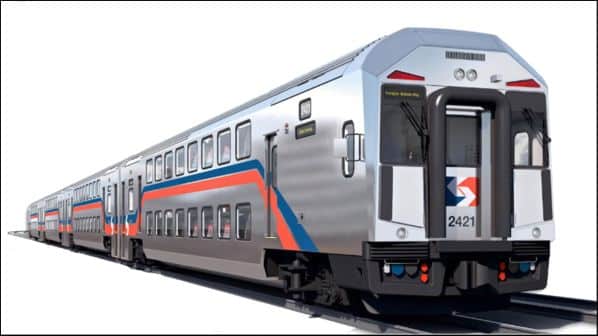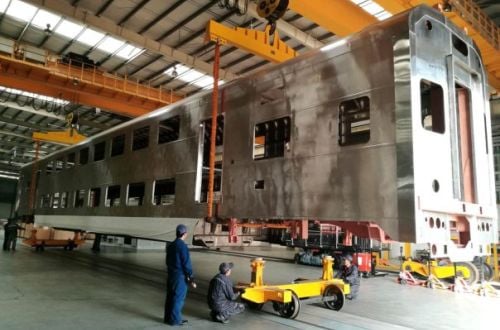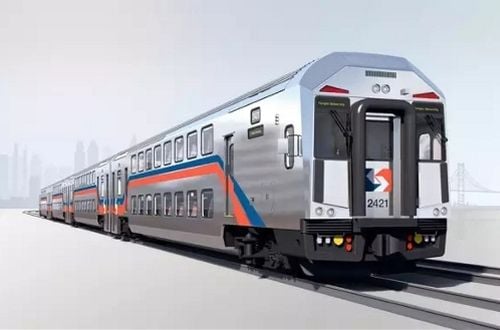SOUTHEASTERN Pennsylvania Transportation Authority (Septa) has cancelled a $US 185m rolling stock contract with CRRC Tangshan (CRRC) of China. The operator of the Philadelphia commuter network cited four years of delays, poor workmanship and quality control, and failure to deliver any coaches
Septa ordered 45 double-deck commuter coaches in 2017 and said in a statement on April 12 that it had terminated the contract “for cause” and that it is “assessing its options for recouping funds that have been spent on the project.” Those are understood to total $US 50m.
Carbodies were built in China and shipped to CRRC’s plant in Springfield, Massachusetts, for final assembly. However, more than two years ago, Septa CEO, Ms Leslie Richards, reported manufacturing problems, including failure to pass watertightness tests, poor wiring on interior control panels and other subassemblies, repeated brake test failures, and emergency exit windows that did not meet safety standards.
CRRC bid $US 34m less than second-place Bombardier Transportation (now Alstom) and $US 47m less than Hyundai Rotem. The Septa contract was CRRC’s first US order for double-deck coaches.
“Having worked closely with Septa’s project team beginning with railcar design through initial vehicle production, CRRC MA remains committed to completing the project and continues to seek further discussions to resolve Setpa’s concerns,” says Ms Lydia Rivera, spokesperson for the Chinese manufacturer’s US subsidiary CRRC MA.
US officials and competing rolling stock manufacturers, including Siemens Mobility, Alstom and CAF, have previously complained about CRRC’s ability to underbid on public contracts with artificially low prices.
Similar concerns have been raised in Europe, where CRRC Qingdao Sifang Locomotive last month withdrew from a $US 660m tender for electric push-pull trains for Bulgaria after the European Commission opened an investigation into potential illegal use of state subsidies. The investigation was closed after CRRC’s withdrawal.




